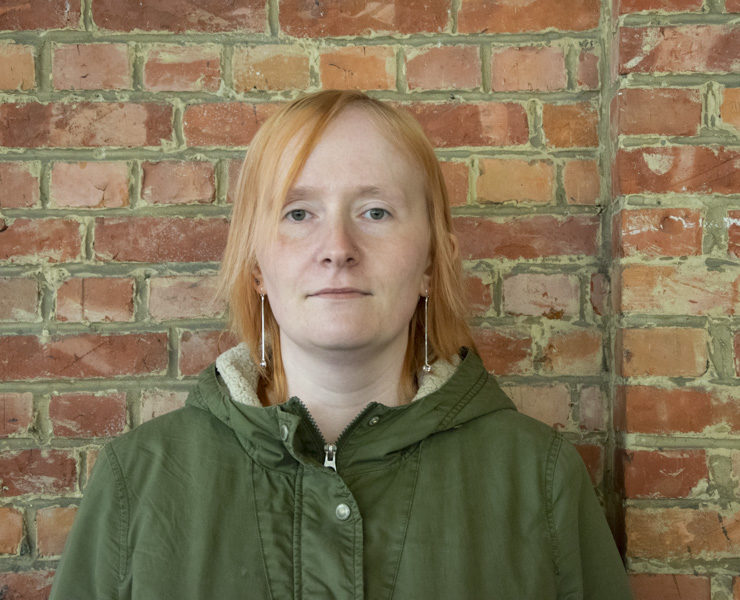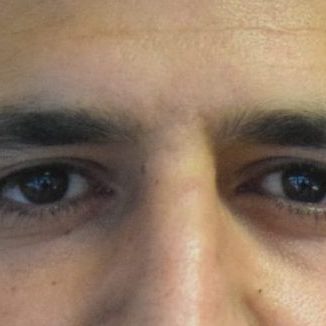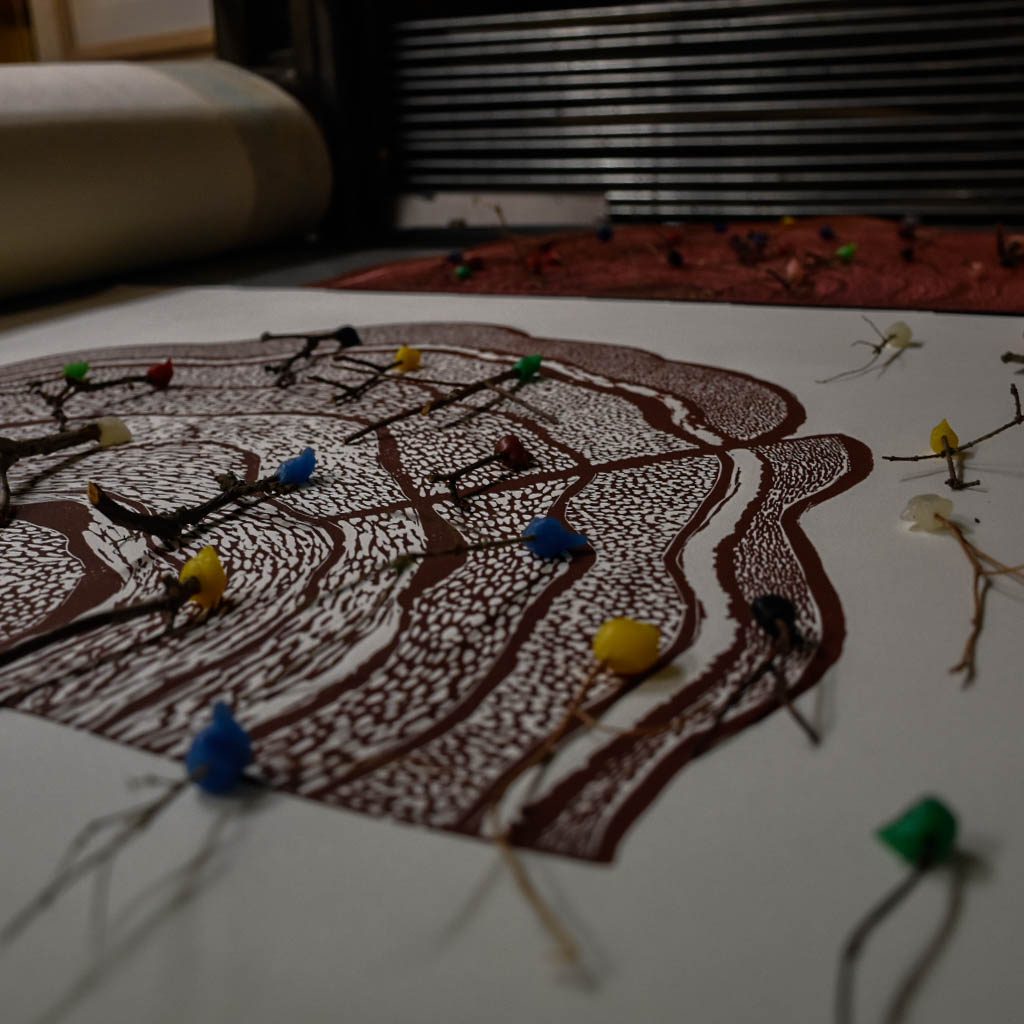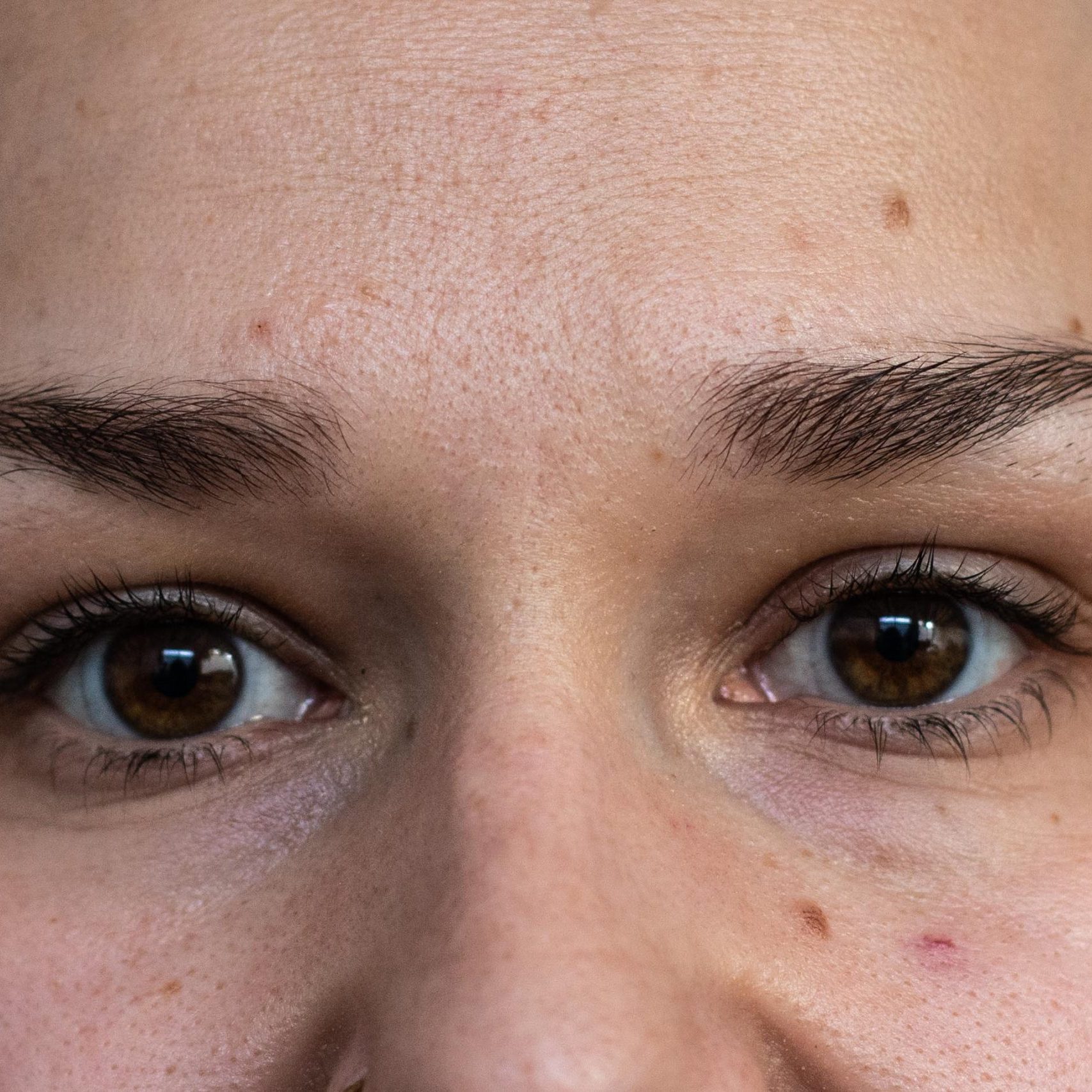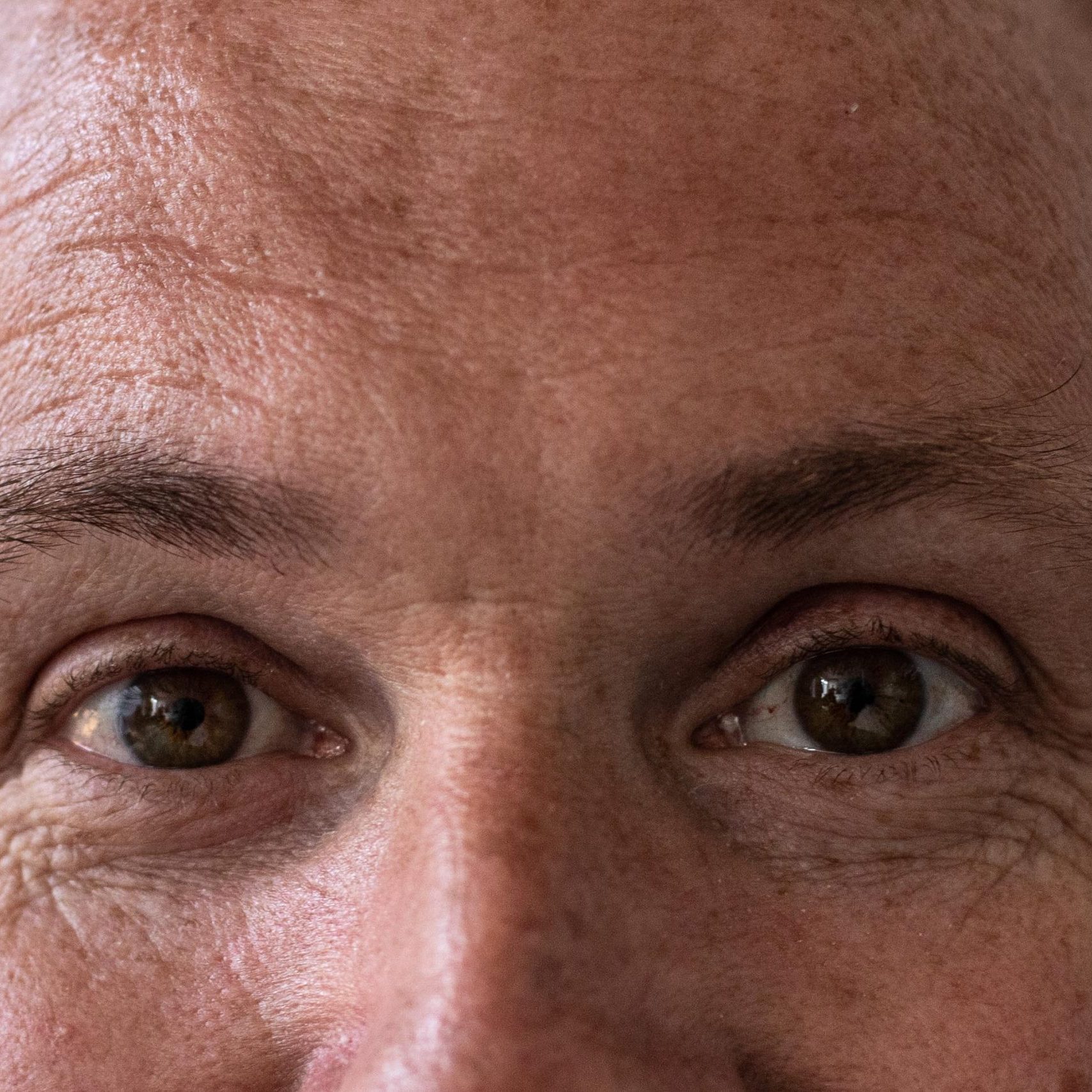My name is Leah. I have been here with Betonne Jeugd for about 11 or 12 years. First I came here with my former boyfriend. He was one of the first youngsters of Betonne Jeugd, he stayed for about 5 years and he brought me along. Then we broke up and he stopped coming, but I stayed because of the family and friends I’d made here. And, then I became a volunteer, and then I worked here, and now I’m a volunteer again.
I often say to people ‘I have about 15 children. And the oldest one is 18 and the youngest one is 10.’. They’re not my children, but I consider them as such, and when we go out somewhere I always go like ‘Okay, guys, be careful, be safe, also, have fun and I’m right here!’, so, yeah. I often believe that I’m the nagging mother, but, I do believe that I can be an example and that they can look up to me. What I learned myself when I was growing up was that my mom was more angry that I lied about something than the fact that I did something bad. Honesty does cost. It takes courage. It’s not always easy and it’s not always fun. But that’s not the point. You’re being honest and that makes you a trustworthy person.
“I accepted myself”
When you start getting older at about the age of 15-16, you stop making fun of other people. You become an adult. t my school we were a small class, we were with about 11 people, so, that also made it easier in – all our weirdness – to really become a group. I had fun classes like music and dancing and acting and it was a lot of doing and not just sitting at your school bench listening to the teacher go ‘Blah, blah, blah…’. That’s the kind of support that kids need because often in their lives they’ve heard ‘Oh no, don’t do that because you can’t do that!’, ‘Don’t do that, you’re not smart enough!’, ‘You can’t do it because of a disability or whatever’ and here we actually encourage children to say ‘At least, try! Maybe you can’t do it, but if you don’t try, you’ll never know. ‘Of course you’re smart enough.’, ‘Of course you can do something!’.
Everyone is perfect in their own way. I discovered that I’m actually worth something – because back then I was really big – and that I wasn’t just the big girls that was good at sports. My sport back then was volleyball. I started playing at 16 or 17. I was playing at the front because I was one of the tallest of the team and I was actually not afraid of the ball. And, it was, also, the only game when we had gym classes that I wasn’t chosen last, so that was fun. Learning to accept myself took me quite a few years but I think I’m quite getting there. I still have a few things and I say ‘Uh, I don’t like that.’ but you don’t have to like everything about you.”
“I am happy when I am feeling useful”
When it comes to the stories that I listen from the children in Betonne Jeugd, there are stories that make me go like ‘Oh, my God!’ But, then you talk with someone, and, then, they say ‘It’s a tragic story, we’re gonna see what we can do about it, but it’s not like I have to fix the problem.’ and that gives you a peace of mind. And it makes it easier to let it go when you go home. Because usually you say ‘Oh, my God! Where is that guy? How is that little girl doing?’ No, you can go home and say ‘No, it’s not perfect, but it’s okay.’. But it’s not possible with every story.
Everyone has their story. But once a month we, in Betonne Jeugd go on a weekend and that’s where people break, most of the time. Because we go from Friday to Sunday and you can wear your mask for a couple of hours. Sure, and then you’ll go home and you’ll go cry or something. And it’s okay ‘cause nobody knows. When you go outside you’re a tough person again, it’s all fine. But when you’re on a weekend you can’t do that. And that’s where the real people start to come out. And, then, it’s really important to tell to those people ‘I like that person, too. The real you.’. Not everyone’s that easy or that quick to tell their stories. But, eventually, everyone opens up.
Happiness to me is feeling useful. I get really happy when I can help someone with something small, when I can give someone advice that they can say ‘Oh, thank you, I really needed that!’. Love is being able to be you, to have that kind of safety, to have that kind of space… Love is being able to be accepted for who you are. Love is, also, accepting yourself, which isn’t always that easy, but that’s part of it… Yeah, it’s kind of everything. I love all my friends and I love my family. I don’t love them all the same way. You show love by yelling at someone, by hugging someone, by crying, by laughing because that way you know that ‘Okay, I am safe enough for them to open up in a good or a bad way, but I can open up’.

